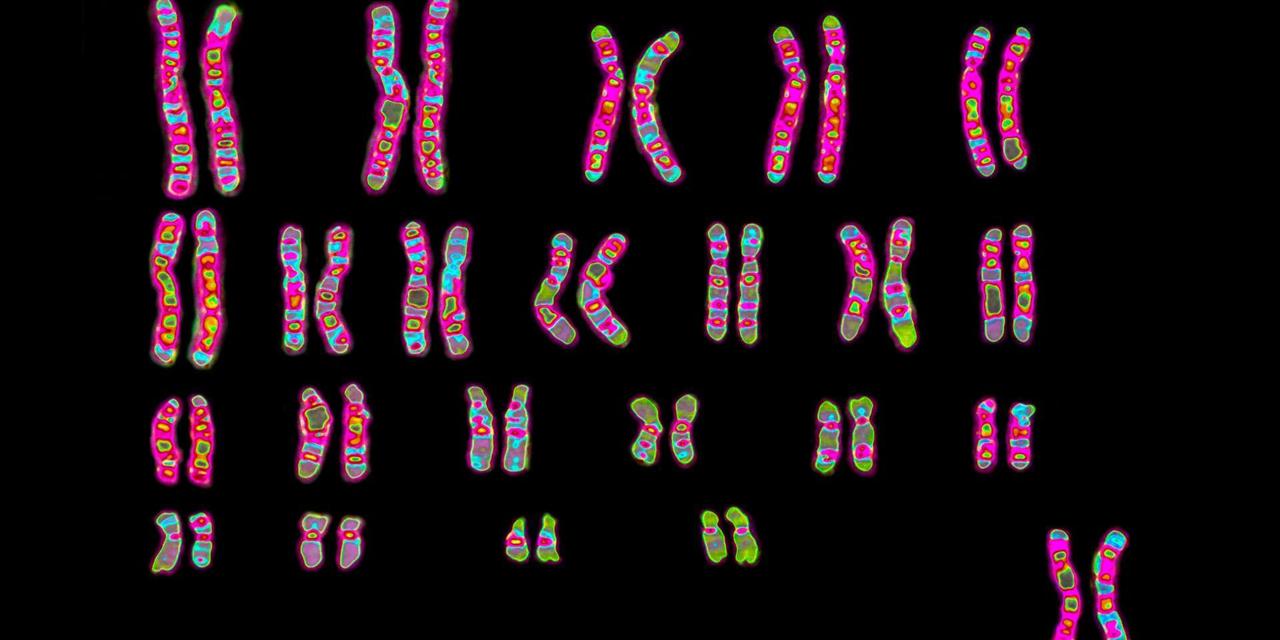The Gene Editing Industry Could Offer Lots of Jobs

In the recent years gene therapy has made the jump from sci-fi to reality. The number of gene therapy treatments that are available to the public is on the rise, as the need for talented researchers and genetic engineers continues to grow. Official 2018 statistics suggest that up to 18,000 new jobs will appear in the UK by 2030, 17.500 jobs should be available in the same time frame in the US.
According to the CEO of one biotechnology firm, a new age of genomic medicine has already started. As the era has just began, the efficiency of some treatments may need further testing, but they are an inspiring landmark in the history of medicine.
And these are only the people that will work in a lab. A lot of other people will be needed, including people that will interpret the serious amount of data generated by genomic analysis as the treatment s will become more personalized.
While it was once frowned upon, genetic therapy has become a recognized form of treatment, brimming with potential. As companies expand, new employees are needed.
The industry needs a wide variety of people, which ideally graduated in medicine, genetics, molecular biology and other scientific domains.
What makes gene therapy unique is the ability to repair genetic affections that have no other cure, like hemophilia.
Economic progressions estimate that the genetic therapy market may reach $6.28 billion (£4.84) in 2022. The UK government is an ardent supporter as it recently announced a $76 million (£60m) in a new gene therapy center that should accelerate the development process for new treatments.
Over 2,500 clinical trials are already in progress around the world. They aim to cure serious diseases, like cancer, sickle cell anemia and several muscle diseases. Many of the companies are backed by major pharmaceutical entities like Bayer and Novartis.
Prospective employees will enjoy competitive salaries, which start at $ 39,870 for fresh geneticists, and they can go up to $135,000.
Right now, China is the leader when it comes to genetic therapy because the Chinese government isn’t very interested when it comes to controversial ethical aspects.
It remains to be seen if the treatments will become more efficient and affordable as the market develops.
0 comments